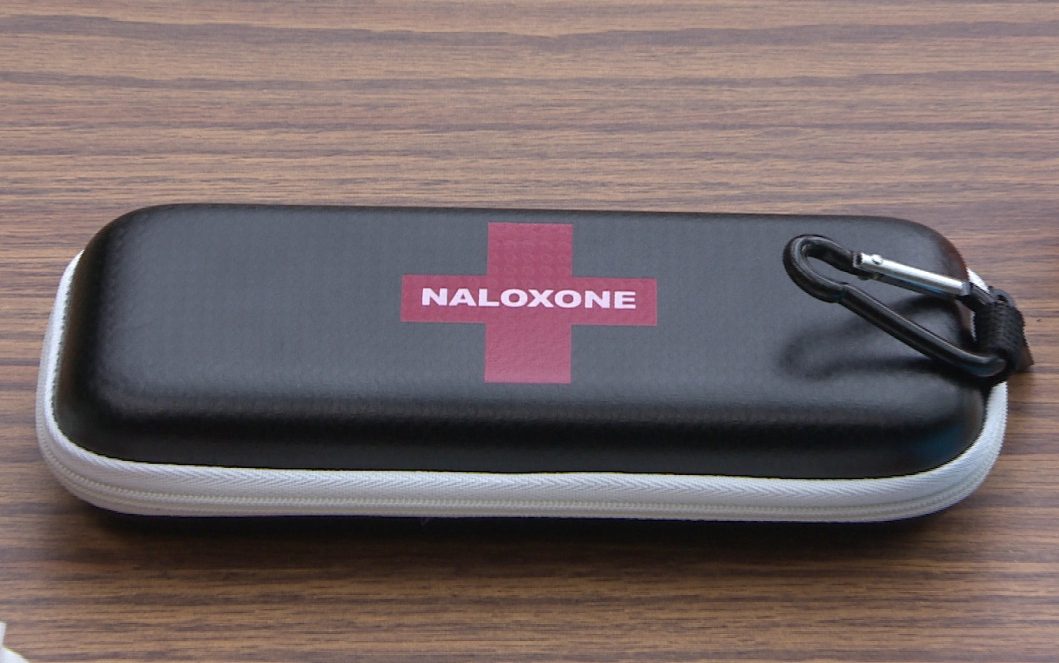Educate the community about the Narcan program
Narcan is a lifesaving drug that is able to reverse the effects of an opioid overdose. Police officers in Asbury Park are required to carry it and regular citizens can also be trained to administer it. Further spreading this program will help save lives across the city.
Data from NJ Department of Human Services
NARCAN PROGRAM
- All Monmouth County public schools
- Asbury Park Police Department
- Free community trainings and kit giveaways
“Effectiveness of bystander naloxone administration and overdose education programs; a meta-analysis”
Giglio, E.R.; Li, G.; DiMaggio, J.C. (2015).
Abstract
The objective of this review was to assess the effectiveness of bystander naloxone administration and overdose education programs by synthesizing quantitative results reported in the research literature. Studies meeting predefined criteria were identified and reviewed, and their results were synthesized through meta-analysis. Odds ratios (ORs) and 95% confidence intervals (CIs) were calculated for overdose recoveries for individuals who received naloxone dispensed by non-medical community members, and the standardized mean difference was calculated for test scores of non-medical volunteers who received training in overdose management versus the scores of untrained volunteers. Pooled data from four studies showed that naloxone administration by bystanders was associated with a significantly increased odds of recovery compared with no naloxone administration (OR = 8.58, 95% CI = 3.90 to 13.25). Data from five studies of overdose education indicated that average scores were significantly higher for trained participants than untrained participants for tests on naloxone administration, overdose recognition, and overdose response (standardized mean difference = 1.35, 95% CI = 0.92 to 1.77). Empirical evidence in the research literature suggests that bystander naloxone administration and overdose education programs are associated with increased odds of recovery and with improved knowledge of overdose recognition and management in non-clinical settings.
Evidence-based research was collected by Monmouth University
